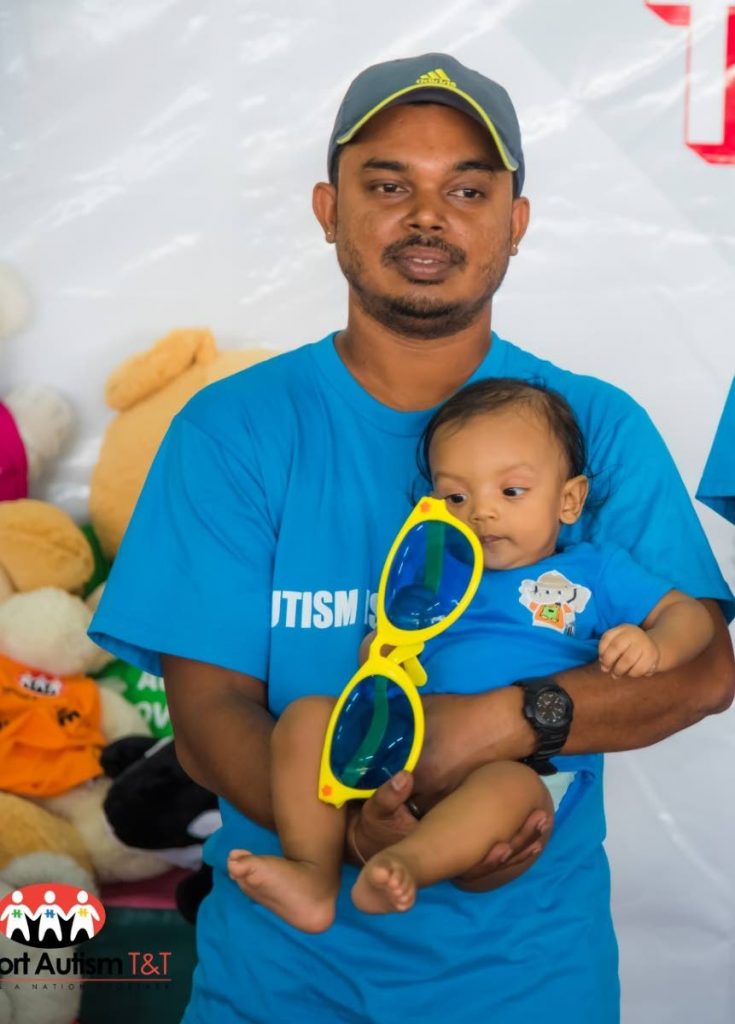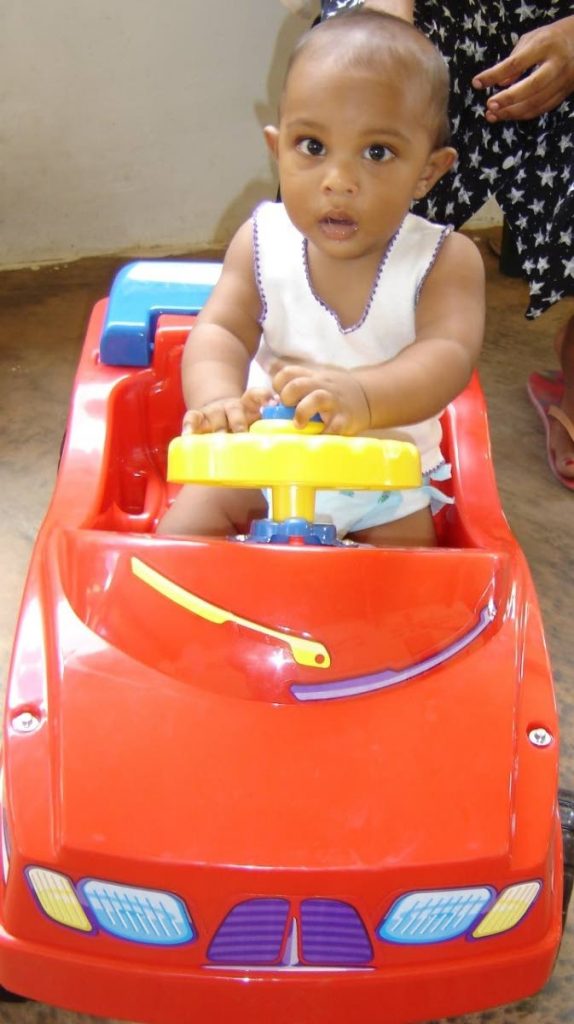Recognising the signs of autism

DR RADICA MAHASE
JOSIANE, parent of a six-year-old boy with autism, said, “From the time my son was 13 months old, I knew something wasn’t right.
"I had never heard about autism, but as a mother, I saw that he was doing things that he shouldn’t be doing and not doing things he should be doing.
"When I expressed my concerns to my husband and my mother, they told me that I am being paranoid and I am bringing trouble on my child.
"As he grew older, he would get agitated if we moved his toys; he wouldn’t play with his cousins when they visited; he refused to drink his milk when I changed the nipple in his bottle; he would bang his head on the floor or against the wall when he was upset.
"Everyone told me he’s just ‘own way’ and I need to cut out all these bad habits early. Even when he was two years old and only saying a few words, everyone would tell me give him a chance, he will talk when he’s ready. Someone even told me that I cut his hair too early that’s why he’s not talking.”

There are other parents like Josiane who noticed little things about their children’s development that did not feel right, but they either ignored them or just didn’t know about autism. There are developmental milestones that children are expected to reach by certain ages, and autism is usually defined in areas of communication, social interaction and behaviour by looking at these milestones and the extent to which a child is not achieving them. It can be diagnosed from age two, although signs may be visible from younger.
According to the US Centers for Disease Control and Prevention, here are some possible "red flags" that might help parents and caregivers notice signs of autism during their children’s development:
* Children will not respond to their name by 12 months of age
* They will not point at objects to show interest (for example, an aeroplane flying overhead) by 14 months
* They will not play “pretend” games (pretend to feed a doll or to drive a car) by 18 months
* They may avoid eye contact and want to be alone
* Have trouble understanding other people’s feelings or talking about their own feelings
* Have delayed speech and language skills (start saying sentences later)
* Repeat words or phrases over and over (echolalia)
* Give unrelated answers to questions
* Get upset by minor changes and be obsessed with certain things (like playing with only one toy)
* Flap their hands, rock their body, or spin in circles
* Have unusual reactions to the way things sound, smell, taste, look, or feel (may cover their ears if they are sensitive to loud noises or may be bothered by tags on their clothes if they have sensitive skin)
* Does not understand personal space boundaries
* Avoids or resists physical contact (don’t care to be hugged)
* Are not comforted by others during distress (very difficult to calm them down during a meltdown)
* Uses few or no gestures (may not wave goodbye)
* They may line up toys or other objects, play with toys the same way every time, or show a liking for specific parts of a toy (for example, wheels)
The above it just a guide to help parents or caregivers to recognise "red flags." It is important to know that these signs of autism lie on a spectrum (the full name is autism spectrum disorder) and therefore the signs will be different for every child; no two children will display the exact signs to the same extent. Thus every child on the spectrum is truly unique.
It is important to educate mothers and caregivers about autism so that they can recognise the signs early in their children’s development. The Ministry of Health needs to lead the way in this education; it should start at the pre-natal clinics, in the health centres, the paediatricians’ offices, so that parents and caregivers will stop believing all the myths associated with child development – that boys take longer to talk; that when you cut the child’s hair too early, they will take longer to talk; that speaking about your child not reaching milestones is bringing down problem on him or her.
The earlier the signs are detected in a child, the earlier the child can get the help he or she needs.
For more detailed info: Centers for Disease Control and Prevention (https://www.cdc.gov/ncbddd/autism/signs.html) and the National autism Association (https://nationalautismassociation.org/resources/signs-of-autism/)
Dr Radica Mahase is the founder/director of Support Autism T&T


Comments
"Recognising the signs of autism"